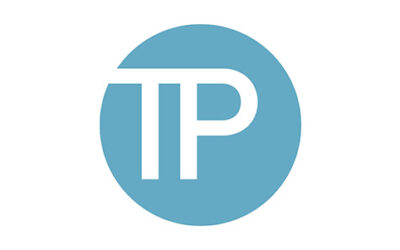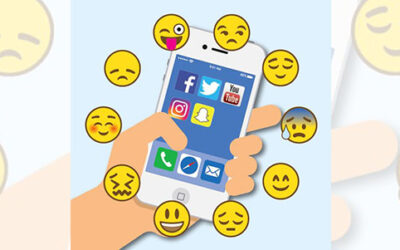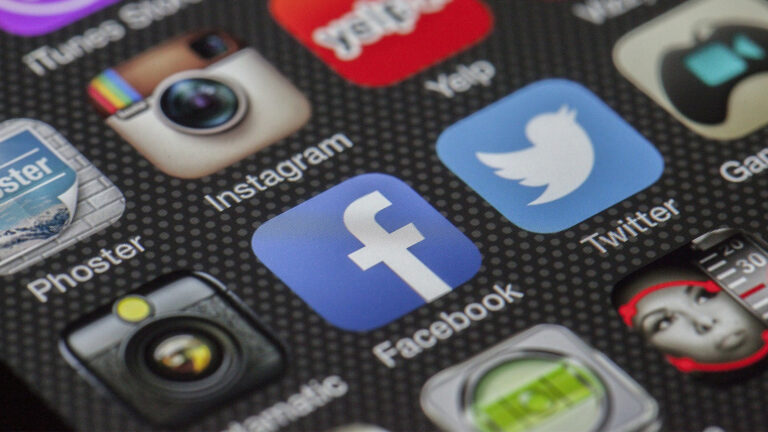A new study has been published showing how opening up about feelings on social media has an association with lower self-esteem, mood and paranoia.
Conducted by Dr Natalie Berry at the University of Manchester, it showed that there was no difference between how social media affects people with and without psychosis.
Funded by the Medical Research Council, it is the first study to examine how specific behaviours within social media impact on mental wellbeing.
“This study pinpoints the specific behaviours that might determine whether or not social media use leads to a positive or negative outcome and shows that social media can be helpful but it can also be damaging depending on what you use it for,” explained Dr Berry.
“There seems to be no difference on how Social Media impacts on people with psychosis compared to people without psychosis. However, participants with psychosis showed lower scores for mood and self-esteem and higher scores for paranoia at the beginning of the study.
“Therefore, relative reductions in mood and self-esteem and increases in paranoia after different social media behaviours may be particularly problematic for this group of people.”
Other findings were an increase in paranoia after viewing profiles of ‘non-friends’ on social media and that general social media use was associated with later reductions in mood.
However, direct communication, such as RTs or liking posts had no impact on mood, self-esteem or paranoia.
Posting about daily activities was associated with improvements in mood and self-esteem.
The study group received 6 alerts a day for 6 days, with almost half of the sample experiencing psychosis.
“This means there may be implications on how we use technology to support mental health,” continued Dr Berry.
“One way to address the potential negative impact of social media use is for mental health professionals to be routinely asking about how their clients use social media in a clinical context
“And social media platforms such as Twitter, Facebook and Instagram could be used to reach out to people who are affected by content with a page on how users can get support.”














